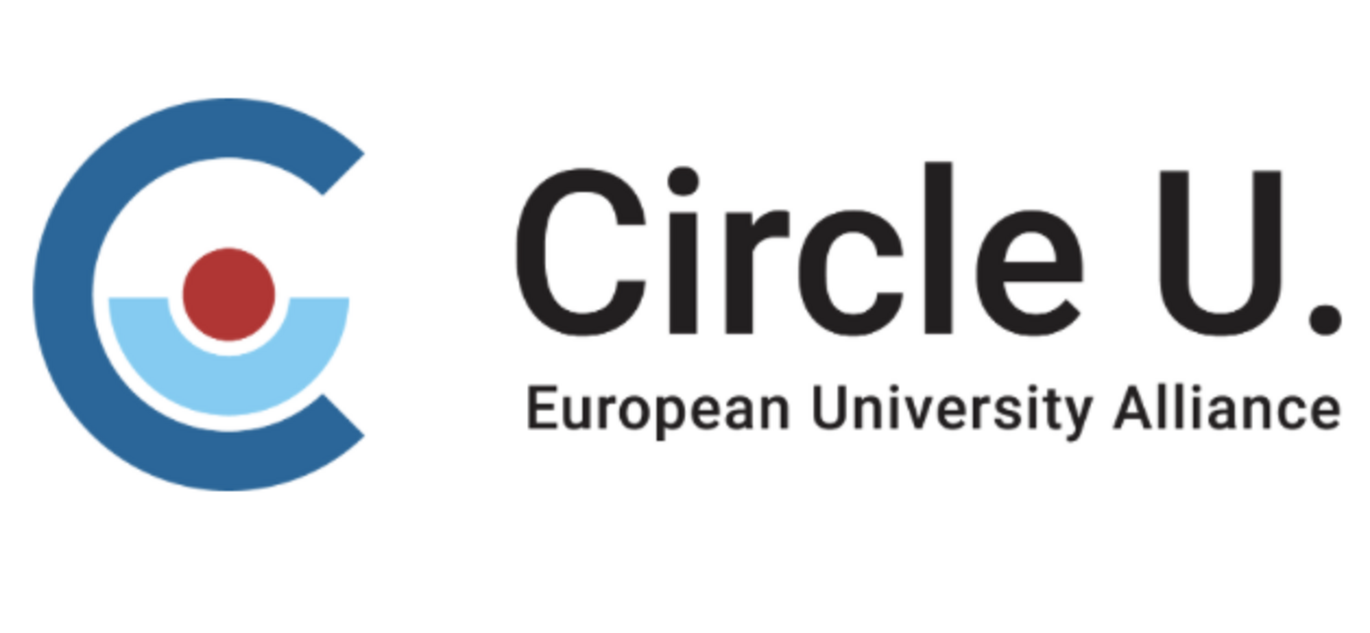Four more years to a European initiative: What now?
AU's European university alliance Circle U. has received the green light – and a multi-million Euro grant – from the European Commission. This means that the nine partner universities can continue to expand their educational and research collaboration.

Over the past three years, we’ve seen the beginnings of a European university emerge at AU. And we’ve just had confirmation that this seedling will have another four years to take root and grow stronger.
With a score of 93 out of 100 possible points for the application, the European Commission has given its blessing for the Circle U. university alliance to continue until 2027. EUR 12.8 million in funding follows with the commission’s approval.
This will give Aarhus University and the eight other partners the opportunity to expand the collaboration on research, education and innovation that has been cultivated since 2020, when the alliance was launched.
Who are the Circle U. partners?
- Humboldt-Universität in Berlin
- University of Oslo
- UC Louvain
- University of Vienna
- Université Paris Cité
- King's College London
- University of Belgrade
- University of Pisa
- Aarhus University
Stronger ties to the world
While Circle U. has several different objectives, the overriding ambition is for more of AU's staff and students to come into contact with the other universities in the alliance in one way or another: for example, through joint research projects, virtual courses or guest lectures, exchanges abroad or something else entirely.
"AU is already an internationally-oriented university: Over 30 per cent of our academic staff are non-Danish citizens, and 70 per cent of our research articles are written in collaboration with researchers from institutions abroad. But I still believe we have a lot to gain by strengthening our network and integrating a global perspective more deeply into our organisation. The benefits may be especially great for our students and our early-career researchers," says Pro-rector Berit Eika, who was chair of the alliance's governing body in Circle U.'s early days.
A stepping stone to EU applications
Professor Christian Wejse from the Department of Clinical Medicine can attest to the fact that the Circle U. collaboration can contribute to strengthening professional networks. Since the alliance was founded, he has worked to establish a Circle U. Knowledge Hub in the field of Global Health; together with colleagues from the other universities, he has organised conferences and summer schools for researchers and students under the aegis of the hub.
"It has been great to be part of a large international network and to have to perform specific tasks as a team, both within research and education. For example, we have organised summer schools for students and PhD students, and we also contributed to the AU conference MatchPoints. Several Circle U. colleagues gave presentations at MatchPoints, and some of them also brought along junior colleagues, which has already led to new collaborations."
Christian Wejse also expects that his upcoming activities in the Circle U. network will result in applications for large EU grants, for example from the Horizon programme.
From top-down to bottom-up
In their Circle U. application to the European Commission, AU and the other universities outlined a number of goals for the coming period. Among other things, the alliance's educational programmes will be gathered in one unit, a fourth Knowledge Hub will be developed and more offerings will be created specifically for PhD students.
But to achieve these goals, it will first and foremost be necessary to successfully engage more employees and students in Circle U.'s activities. Christian Wejse sees several paths to achieving this:
"I think we need to do more to raise more awareness of the opportunities that exist; for example, for funding for exchanges at Circle U. universities, seed funding for collaborations, etc. But I also think we will need to develop a better framework by supporting more initiatives for mobility and collaboration, for example by connecting some of the large research networks we have at AU with similar networks at partner universities."
Berit Eika agrees that one key to European success is to make opportunities more visible at the departments and centres, and she welcomes the fact that there has already been some development in this direction in the Circle U. community:
"In the beginning, there was obviously a top-down approach to the expansion of Circle U., but we're gradually seeing more projects emerge from local initiatives and how involvement is broadening. Not least thanks to the students and employees who have led the way and who have spread the word about what the alliance has to offer. We need to spread this good work to the rest of AU."
AU's three primary areas of responsibility in the coming period:
- AU still has the primary responsibility for the aspect of Circle U. that has to do with improving the framework for mobility and making exchanges and such more seamless for students and employees.
- AU will lead the process of knitting he alliance's entrepreneurial incubators closer together.
- AU will develop a fourth Knowledge Hub, which will be established in line with the current hubs for climate, democracy and global health. The theme for the hub has not yet been finalised.
Highlights: What else is going to happen in the upcoming contract period?
- The majority of the alliance's educational activities will be gathered in a new organisation called Circle U. Open Campus. This will include both summer and winter schools for students, courses for PhD students and project development seminars, as well as webinars and lectures aimed at the general public.
- Specifically, the aim is to increase the number of on-site and virtual mobility exchanges by 20% for employees and students year on year.
- A targeted effort aimed at PhD students, who will beoffered more opportunities for exchange, internships and joint courses.
- The alliance will offer at least five Blended Intensive Programmes, which are combined virtual/on-site courses for Bachelor’s or Master’s degree students.